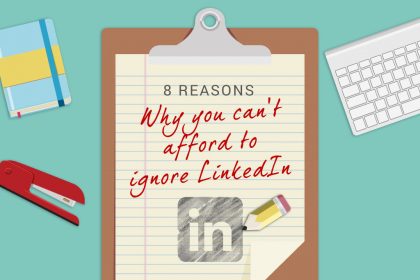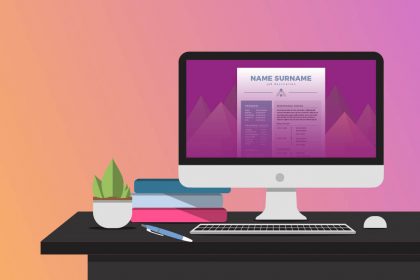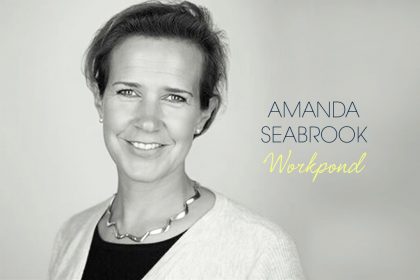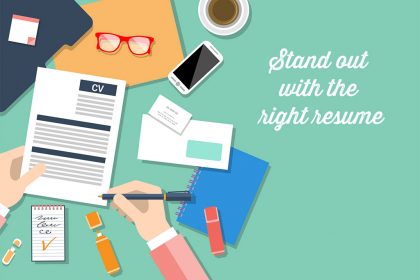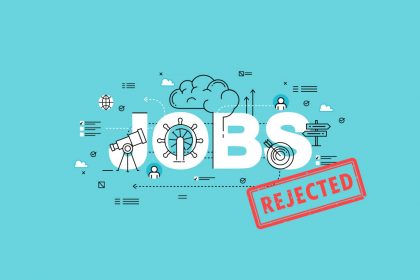How to impress at a job interview – tips from the experts
Preparing for an interview for a job you really want? Learn how to impress at your interview with tips from recruitment experts.
Congratulations! You’ve passed the first stage of the application process and have achieved a face-to-face interview with your potential new employer.
However, you’ve still got a few hurdles to overcome before your dream job is yours. It’s essential you make a good impression at your job interview from the very first second – statistics show that 33% of hiring managers or bosses know within the first 90 seconds of an interview whether they will hire someone.
How to impress at a job interview
To help you secure the position you want, business writer Patrick Vernon has grilled the recruitment specialists at EduStaff to find out how to really impress at a job interview.
What to do before your interview
It goes without saying that you need to be well-prepared for your interview. However, this means more than knowing your CV off by heart, and memorising chunks of text from the company’s website.
Before your job interview, search online to see what the company has been up to recently. Perhaps they have sponsored a local event or donated to charity. Bringing this up in the interview shows that you have looked at more than just the about us page on their website.
It’s also a good idea to be prepared to be challenged about the skills and accomplishments on your CV. As Tom Clyde, Senior Consultant, explains:
“A favourite question during interviews is the classic ‘tell me about a time when you…’. It’s now commonplace for interviewers to ask for two examples to ensure that the candidate has an actual skill in this area, and not just a one off success”.
Need more tips on preparing for a winning job interview? Read five things you need to research – number five is often overlooked but essential!
What to do during your job interview
Every single thing you do or say in your job interview is helping your interviewer form a positive or negative impression of you – so pay attention to even the tiniest of things.
“It goes without saying, of course, but make sure your phone is definitely turned off before your interview,’ says Tom, “even if it’s on silent, just turn it off – you wouldn’t believe how many embarrassing ringtones have caused a failed interview!”.
And don’t forget the signals you’re giving off too. Remember the first 90 seconds statistic mentioned earlier? How can an employer make a decision about you before you’ve even had a chance to answer the questions? Body language – that’s how.
So practice a firm handshake, make good eye contact with your interviewer and make a conscious effort not to cross your arms. Some pet peeves for employers that have led to not offering a good candidate a job include bad posture, fidgeting and not smiling. However, this isn’t to say you should sit perfectly still whilst grinning like a Cheshire cat!
Now, on to the questions. Senior Consultant Nikki Webber recommends taking your time when thinking about how to answer a question:
“Employers would rather hear a well-thought out response over a rushed ramble that ends up trailing off from what was actually asked of you”.
Another big no-no is badmouthing your previous place of work. How you answer questions along these lines is a big indicator to employers about the type of person you are. If asked why you wanted to move on, spin the negatives into positive attributes about yourself.
You might be surprised to learn that the number one reason candidates don’t get the job is because they have failed to ask for it during the interview. What better way to show your keen interest for the role than stating that you want to be hired? “Tell your employer you want the job”, says Tom, “if you’re serious about working there, do not leave that interview until you have clearly asked for the position”.
What to do after your job interview
It’s good practice to send a thank you note to the person who interviewed you within 24 hours of the meeting. A hand-written note is certainly the most personal format, but in this day-and-age an email is probably most plausible.
In some cases, you might even choose to include some evidence as to why you’d be good for the job. “Some real success stories have occurred when candidates have followed up an interview by sending over their ideas and plans if they achieve the role”, comments Nikki. “Examples of previous work help you stand out in the mind of an employer and further demonstrates your suitability for the job”.
Need more job hunting advice?
If you’re looking for a new job, you’ll find plenty of advice in these articles:





